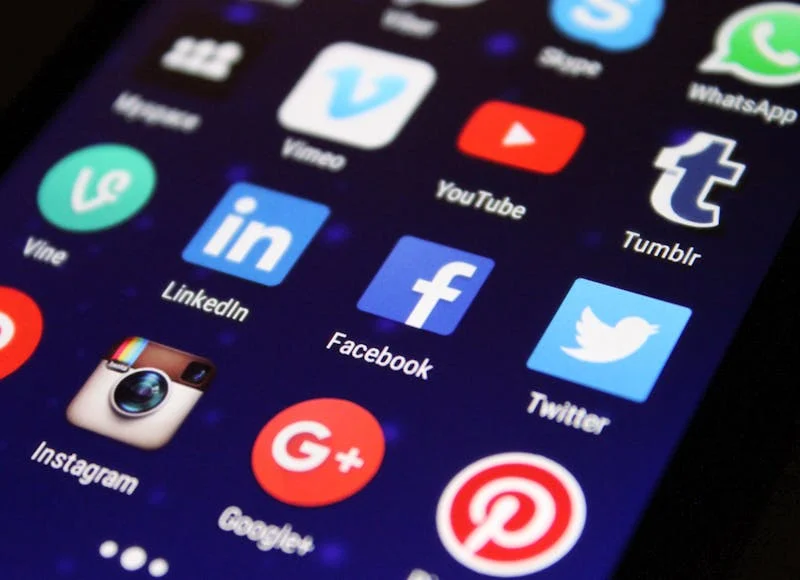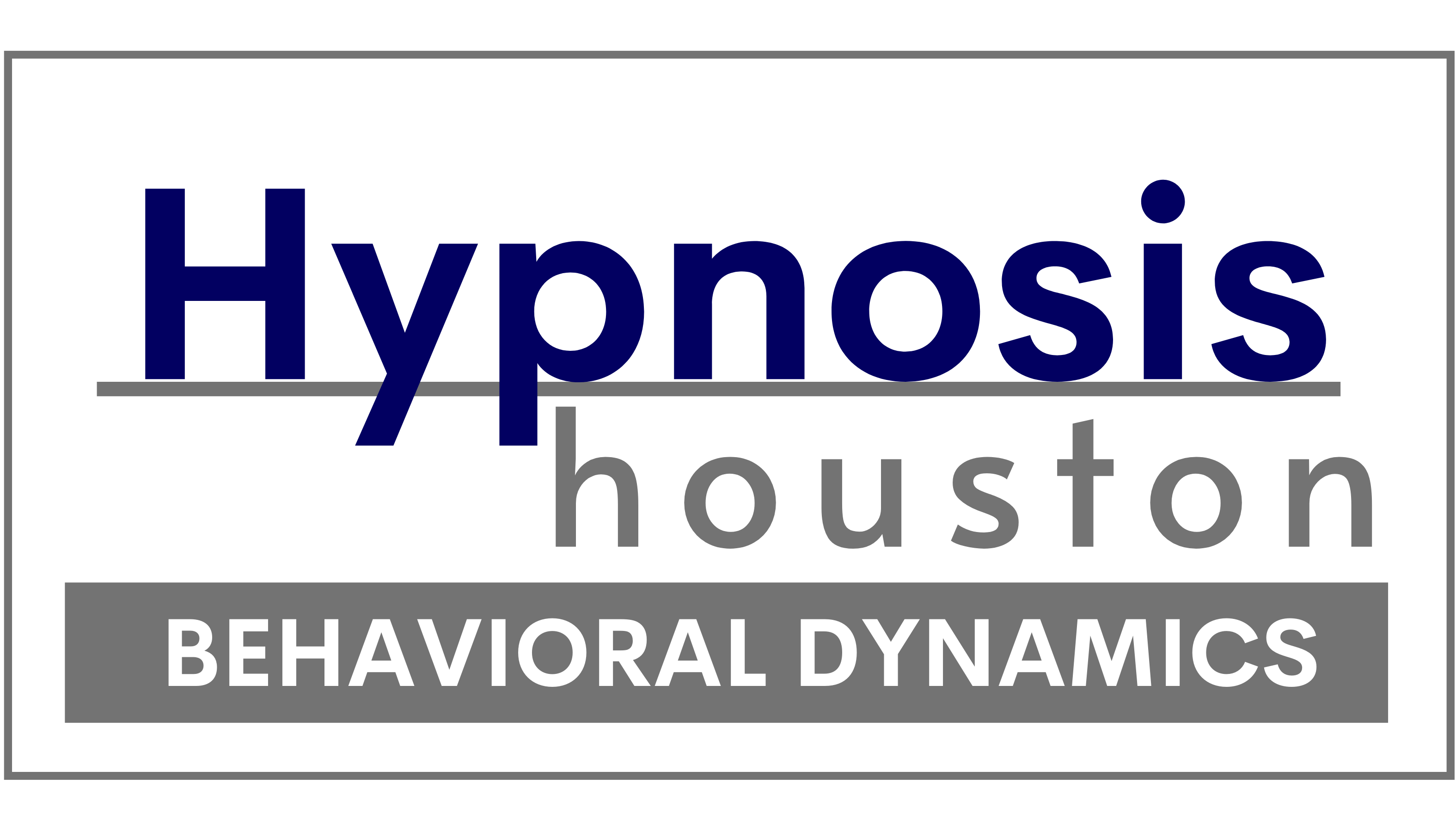Using Hypnosis to Overcome Tech and Social Media Addiction
In today’s digital age, technology and social media have become integral parts of everyday life. While these tools offer countless benefits, from staying connected to accessing information, they also come with a darker side: addiction. Excessive screen time, mindless scrolling, and constant notifications can take a toll on mental health, productivity, and overall well-being. If you find yourself or someone you know struggling to unplug, hypnosis may offer a powerful and unexpected solution to regain control and find balance.
Understanding Tech and Social Media Addiction
Tech and social media addiction isn’t just about spending too much time on devices. It’s a behavioral pattern that reinforces compulsive habits, often triggered by psychological needs like seeking validation, relieving boredom, or avoiding real-world stress. The instant gratification provided by likes, shares, and notifications releases dopamine—the brain’s “feel-good” chemical—creating a cycle that keeps users coming back for more.

Over time, this constant reliance on technology can impact mental health, leading to:
- Increased anxiety and stress
- Depression or feelings of inadequacy
- Sleep disturbances
- Reduced attention span and productivity
- Neglect of personal relationships and responsibilities
Social media addiction, in particular, can leave people feeling isolated despite being more connected than ever. If these patterns resonate, it may be time to explore unconventional but effective solutions like hypnosis.
What Is Hypnosis and How Does It Work?
Hypnosis is a therapeutic technique that involves guided relaxation, deep focus, and heightened suggestibility. Contrary to popular misconceptions, hypnosis does not involve mind control or making people act against their will. Instead, it helps individuals access their subconscious mind to address habits, beliefs, and behaviors at their root.
During a hypnosis session, a certified hypnotherapist guides you into a state of deep relaxation, similar to a meditative trance. In this state, your conscious mind takes a back seat, allowing the therapist to:
- Identify triggers and patterns associated with tech or social media addiction.
- Suggest new, healthier behaviors and coping mechanisms.
- Reinforce positive affirmations and mental frameworks to replace compulsive habits.
The goal of hypnosis is to “rewire” the mind to create lasting change, helping you overcome the grip of technology without feelings of deprivation.
Why Hypnosis Works for Tech Addiction
Hypnosis is particularly effective for tech and social media addiction because it targets the subconscious mind—where habits and behaviors are deeply rooted. While willpower and conscious effort often fall short in breaking addiction cycles, hypnosis bypasses these limitations to promote change at a deeper level.

Here are some key ways hypnosis addresses tech addiction:
- Identifying Triggers: Hypnosis helps uncover the emotional triggers behind tech reliance, such as boredom, loneliness, or stress. Once these triggers are identified, healthier coping strategies can be implemented.
- Breaking the Cycle: By accessing the subconscious, hypnosis works to interrupt the habitual patterns of compulsive scrolling or checking notifications. It introduces new behaviors that align with personal goals, such as setting limits or engaging in meaningful offline activities.
- Reducing Cravings and Dependence: Similar to how hypnosis is used to quit smoking or reduce food cravings, it can reduce the compulsive urge to reach for a phone or device. Positive suggestions can reprogram the mind to feel satisfied without constant digital stimulation.
- Promoting Mindfulness: Hypnosis fosters a deeper awareness of one’s actions and choices. Clients often report becoming more intentional with their screen time, choosing activities that add value to their lives rather than aimless scrolling.
- Boosting Self-Control and Confidence: Hypnotherapy empowers individuals to regain control over their behaviors, instilling confidence that they can live a balanced, fulfilling life without tech dependence.
What to Expect During a Hypnosis Session
If you’re considering hypnosis for tech addiction, understanding the process can help you feel more comfortable and prepared. Here’s what to expect:
- Initial Consultation: A hypnotherapist will discuss your habits, goals, and any triggers or underlying emotions tied to your tech use. This step helps tailor the session to your needs.
- Induction Phase: The therapist guides you into a relaxed, focused state using techniques like deep breathing, visualization, or progressive muscle relaxation.
- Therapeutic Suggestions: In this trance-like state, the hypnotherapist delivers targeted suggestions designed to break addiction patterns, reduce cravings, and reinforce healthier habits.
- Emerging from Hypnosis: The therapist gently brings you back to full awareness, often leaving you feeling calm, refreshed, and more centered.
- Post-Session Reflection: After the session, you may discuss any insights or feelings that emerged. Many clients notice immediate shifts, while others may require multiple sessions for lasting results.
Benefits of Hypnosis for Breaking Tech Addiction
Using hypnosis to address tech and social media addiction offers numerous benefits, including:
- Non-Invasive Treatment: Hypnotherapy is a natural, drug-free approach without side effects.
- Tailored Solutions: Sessions are customized to address your unique triggers, patterns, and goals.
- Long-Term Results: By targeting the subconscious, hypnosis promotes deep, lasting change.
- Improved Mental Health: Reduced screen time can lead to lower stress, improved sleep, and enhanced well-being.
- Increased Productivity: Breaking free from constant distractions can help you regain focus and accomplish more.
- Better Relationships: With less time spent online, you can reconnect with loved ones and engage in meaningful interactions.
Is Hypnosis Right for You?
Hypnosis may not be for everyone, but it is a powerful tool for individuals open to the process and committed to making positive changes. If you find yourself:
- Checking your phone or social media compulsively
- Feeling anxious when you’re away from your devices
- Struggling to focus or complete tasks due to distractions
- Wishing you had more time for meaningful activities
Then hypnosis could be the solution you’ve been searching for.
Steps to Get Started
If you’re ready to explore hypnosis for tech and social media addiction, here’s how to take the first steps:
- Research Qualified Hypnotherapists: Look for certified professionals with experience in addiction or behavioral change.
- Set Clear Goals: Identify what you hope to achieve, whether it’s reducing screen time, improving focus, or enhancing your overall well-being.
- Be Open to the Process: Approach hypnosis with an open mind and a willingness to let go of old habits.
- Combine Hypnosis with Other Strategies: For best results, pair hypnotherapy with practical steps like setting screen time limits, creating device-free zones, and exploring offline hobbies.
Take Back Control
Technology and social media aren’t going anywhere, but that doesn’t mean they have to control your life. Hypnosis offers a gentle, effective way to break free from compulsive tech habits, helping you reconnect with yourself, your goals, and the world around you. By addressing addiction at its root, you can achieve a healthier, more balanced relationship with technology—and rediscover what truly matters.
If you’re ready to unplug, take back your time, and create a more fulfilling life, hypnosis might just be the tool you need to start fresh. Embrace the power of your mind and step into a future where you’re in control—not your screen.
Hypnosis Houston
2323 S Voss Rd #675
Houston TX 77057
Phone: (713) 789-0713
https://www.hypnosishouston.com/
